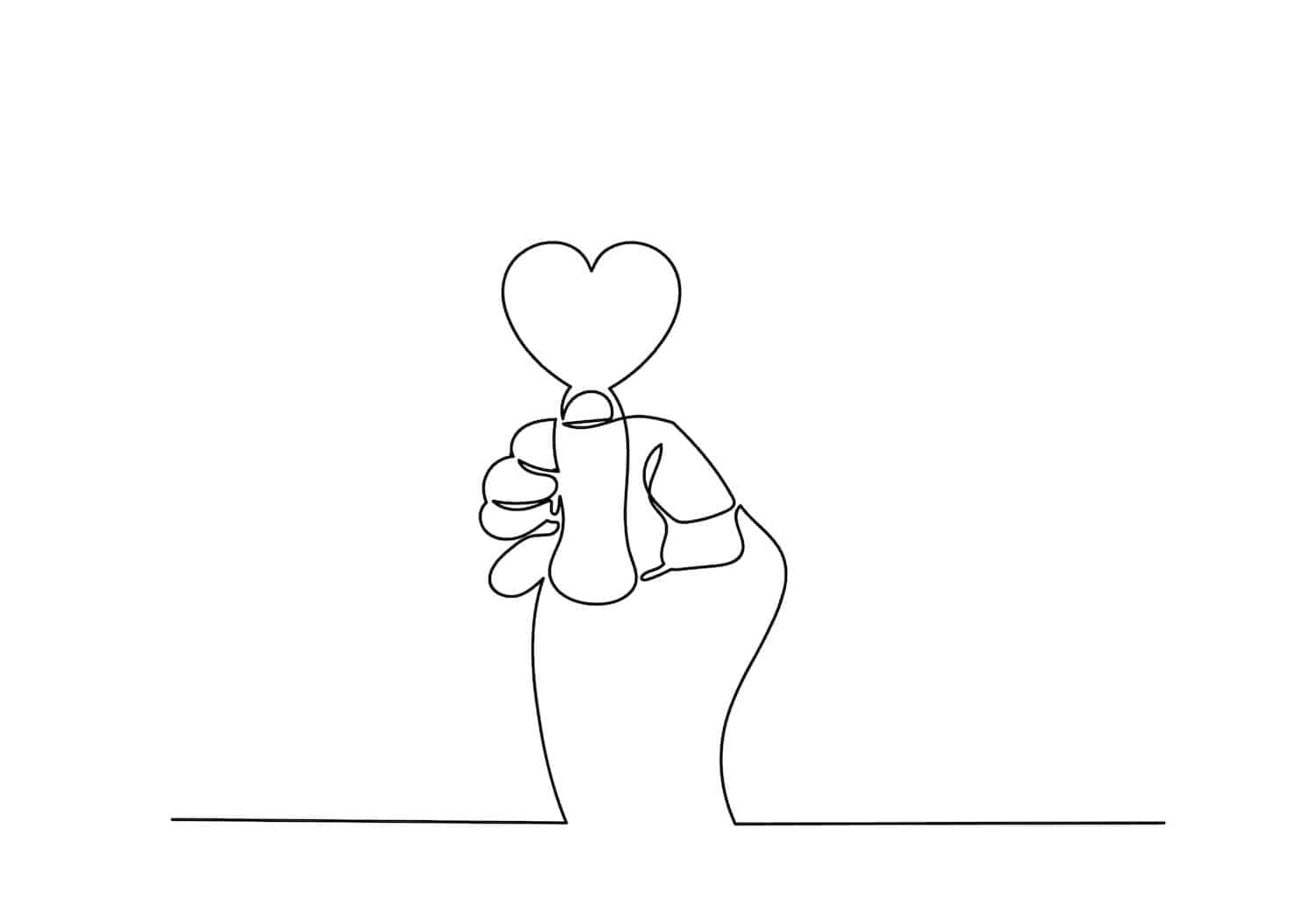Obsessive-compulsive disorder (OCD) is a condition that can cause some serious disruptions to everyday life. Living with OCD can create difficulties in personal relationships, school, or work. Trying to suppress or ignore the condition may seem like an effective way to control it, but it only worsens obsessions and compulsions in the long run.
If you’re wondering how to help OCD, seeking treatment is an important first step. Mental health treatment programs can help you develop long-term strategies for managing obsessive-compulsive disorder, including cognitive behavioral therapy, dialectical behavior therapy, medication management, and other approaches.
What is Obsessive-Compulsive Disorder?
Obsessive-compulsive disorder (OCD) is a common condition characterized by a pattern of unwanted thoughts or fears (obsessions) that lead to repetitive behaviors (compulsions). Obsessions and compulsions interfere significantly with everyday life and cause notable distress.1
Obsessions are the thoughts, mental images, and urges that cause extreme anxiety. Examples include:
- Fear of germs or contamination
- Needing things in perfect symmetry or order
- Unwanted thoughts about things like religion, sex, or harm
- Aggressive thoughts toward yourself or others
Compulsions are the behaviors that a person with OCD feels compelled to act on in response to an obsession. These include things like:
- Excessive hand washing or cleaning
- Arranging things in a particular, precise order
- Repeatedly checking things such as door locks, ovens, or lights
- Compulsive counting
Some rituals or habits are normal for most people. Double-checking a lock or keeping the house tidy doesn’t mean you have OCD. People with OCD cannot control their obsessions and compulsions, even when they recognize their behavior is excessive. They spend at least an hour a day carrying out their compulsions and experience only mild relief before falling into the grip of their obsessions again.
How to Help OCD
Obsessive-compulsive disorder may seem like an impossible condition to control, but there are things you can do to help OCD. Although there is no cure, psychiatric interventions can equip you with the tools and skills that will help you manage your obsessions and compulsions.
Psychotherapy
Obsessive-compulsive disorder cognitive behavioral therapy is one of the primary approaches for managing OCD. Learning to identify problematic and irrational thoughts is the first goal of psychotherapy, and relieving the accompanying anxiety is the next. Managing the need to carry out compulsions and keeping the repetitive cycle at bay is the ongoing goal.
Medication
Medication is another helpful tool for managing OCD. They can reduce the anxiety associated with obsessions and provide some relief from the overwhelming pull to carry out compulsions. Serotonin reuptake inhibitors (SRIs) and selective serotonin reuptake inhibitors (SSRIs) are two common medications used to treat OCD.
Treatment Programs
Specialized mental health treatment programs are useful for anyone wondering how to help OCD. While a short-term outpatient program may be enough, a comprehensive approach to care at a facility like Lifeskills South Florida can provide the foundation and guidance for learning to manage OCD. If you’d like to learn more about obsessive-compulsive disorder treatment programs, reach out to us at 954-953-1742 or submit an online contact form today.




